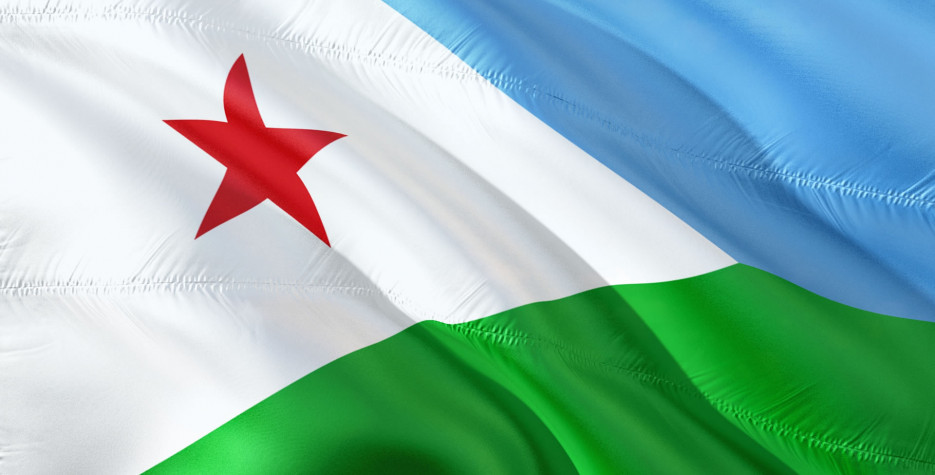When is Djibouti Independence Day?
Djibouti's Independence Day is a public holiday on June 27th.
It is the National Day of Djibouti and marks the country's declaration of independence in 1977, ending nearly a century of French rule.
History of Djibouti Independence Day
Djibouti had been under French colonial control since 1888. In 1946 it was made an overseas territory within the French Union with its own legislature and representation in the French parliament.
It was known as French Somaliland until 1967 when it was renamed French Territory of the Afars and the Issas.
In 1958, as independence for Somalia neared, a referendum was held to decide whether the territory should remain with France or join the Somali Republic. The outcome was a vote in favour of staying as part of France.
In 1967, a second referendum was held and again results indicated that the majority wanted to continue with ties to France.
In both the 1958 and 1967 referendums there have been accusations that the outcome of the voting was rigged in favour of remaining with France.
On May 8th 1977, a third referendum took place. This time, an overwhelming 98.8% of the electorate voted for independence from France and thus, on June 27th 1977, Djibouti became the last of France's African colonies to gain independence.
Hassan Gouled Aptidon, who had played a leading role in the campaign for the yes vote in the referendum of 1958, eventually became Djibouti's first president.
Did you know?
The origin of the name Djibouti is unclear. One proposed theory is that it comes from “gabouti”, a type of doormat made of palm fibres. Other theories are that it is named for the killing of a legendary terrifying beast, or that it was named after the Egyptian god of the moon.
Independence Day is marked with a military parade in the country’s capital, Djibouti City. The national army, led by a colourful marching band, puts new units and equipment on display to the public. After the parade, political leaders give speeches in front of the Presidential Palace.
Other celebrations include fireworks, fairs and music performances in cities and towns across Djibouti. It is a custom to eat traditional meals like Skudahkhrais (Djiboutian lamb stew) served with a delicious, crispy Sabaayad flatbread.


